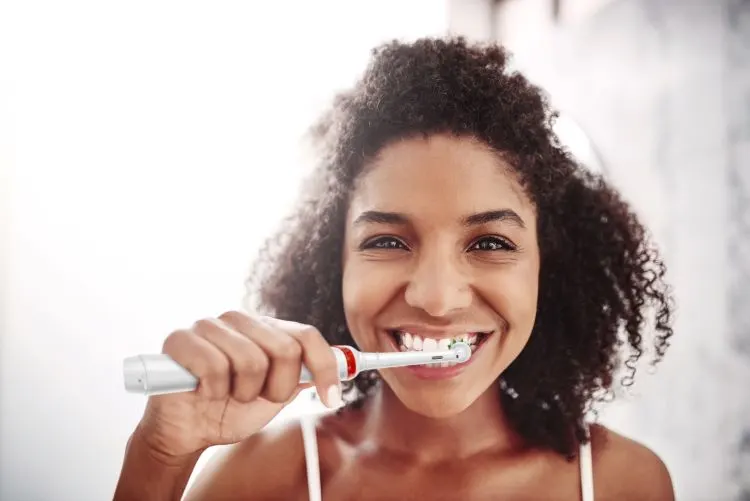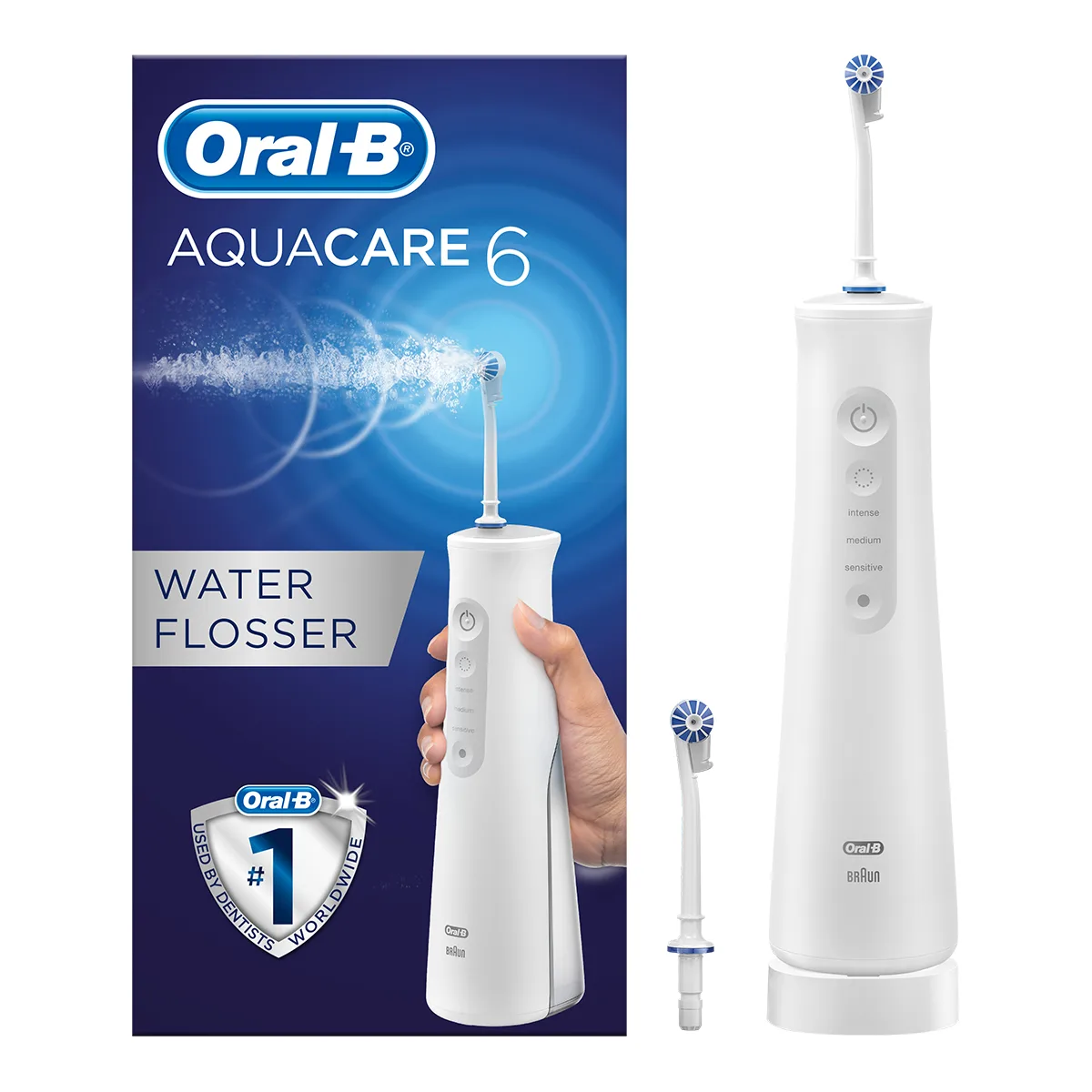
According to the American Association of Oral and Maxillofacial Surgeons, statistics show that that nearly 70% of adults aged 35 to 44 years in the United States have at least one missing tooth due to an accident, tooth decay, gum disease, or dental fractures
Dental Implants or Dentures?
There’s no need to go through life with missing teeth. These days, many good alternatives are available. Dental implants and dentures are the most common options. Dentures are false teeth, and although their quality has improved, they’re not ideal for everyone. If not secured with denture adhesive, dentures might slip out of place while eating or speaking, which could be embarrassing, and partial dentures might promote infection and decay in other teeth if they aren’t fitted properly, which may increase the risk that you would need a tooth filling on the abutment (adjoining) tooth. That said, dentures may be the best choice for people whose gums and jaw are weak or unhealthy. Nearly 70% of adults aged 35 to 44 years in the United States have at least one missing tooth due to an accident, tooth decay, gum disease, or dental fractures.
Should I Get Dental Implants?
If you are missing teeth and your gums and jaw are healthy, you may benefit from dental implants, which are replacement teeth that are implanted surgically into the jawbone. With good oral hygiene, dental implants can last for 20 years or more without the need for replacement. Dental implants are often a popular choice for people who have only one or two teeth missing, but they can be an alternative to dentures if you have several missing teeth. As long as your gums and jaw are healthy, two or more implants can serve as a base of support for several replacement teeth.
How to Clean Dental Implants and Dentures
Although dental implants are not susceptible to decay, you shouldn’t throw your oral hygiene routine out the window. Thorough oral care should continue to be a priority and is necessary to ensure implant health. If oral hygiene methods are not met, patients risk developing a serious form of gum disease called peri-implantitis. An Oral-B water flosser, also known as an oral irrigator, is a great addition to your daily routine to clean in between dental implants. Use before or after brushing to remove left-behind food particles for optimal hygiene around implants.
Related Articles
Sign Up
for expert advice and exclusive offers









